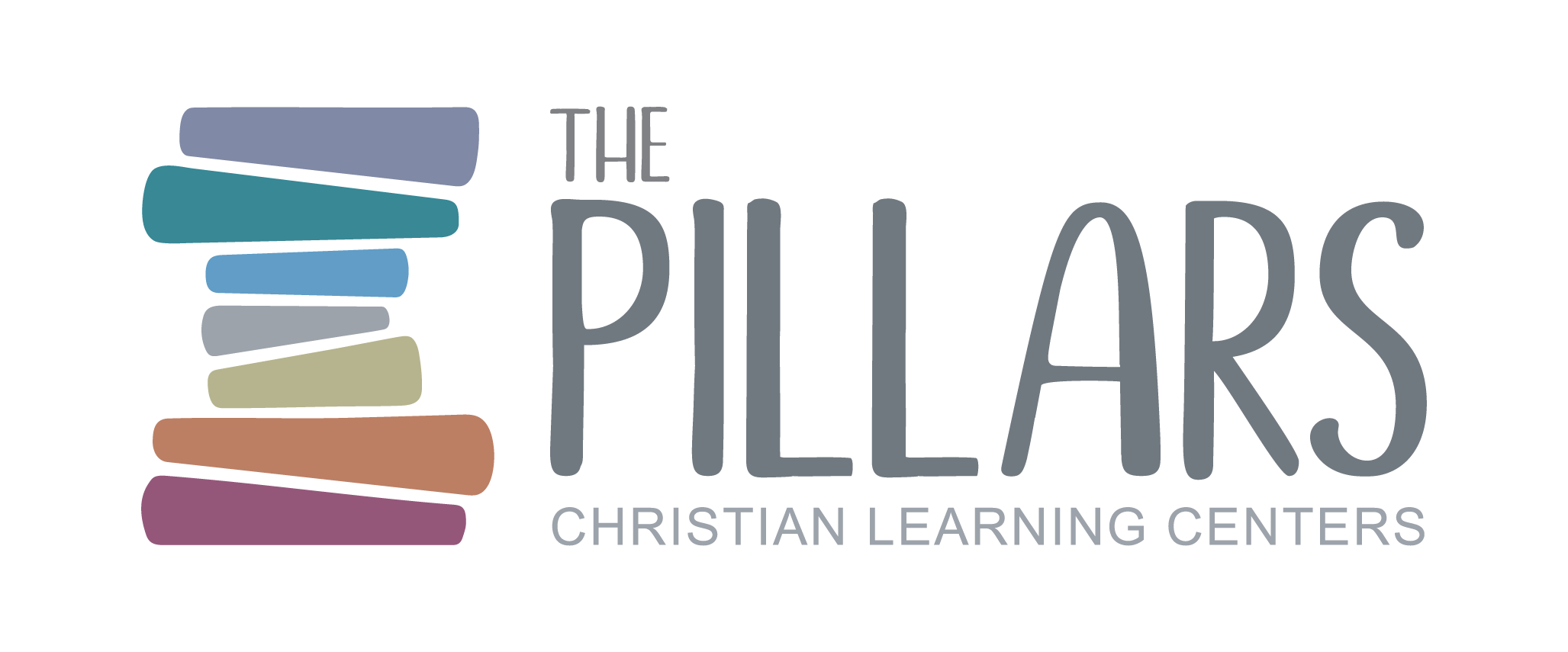The first day of kindergarten can be an exciting and nerve-wracking moment for children and parents. This important milestone of your child’s academic journey is the beginning of a phase during which a tremendous amount of learning and growth occurs. As a parent, there are steps you can take to help your little one get ready for this transition. What can you do to make sure your child gets off to a good start as the first day of kindergarten approaches?
Parents play an important role in helping their children prepare for the beginning of their next academic chapter. Here are five skills that will help your child be ready for this exciting new journey.
Learn the letters of the alphabet
As children get older, they come to understand that each letter represents a sound. This helps them build the foundation needed for learning how to read and write. You can help your child master letters by pointing out the letters you see in words while reading books together. Through consistent exposure and repetition, your child will learn how to recognize each letter’s phonetic sound. Eventually, children will gradually be able to identify letters and sounds on their own.
Recognize numbers one through ten (and beyond)
Counting is another essential skill needed for kindergarten math! Before your child starts kindergarten, it’s important to be able to recognize the numbers one through ten. Children at this age should also be able to count objects, identify the numbers associated with each amount, understand what they mean, and match them with quantities in daily life.
If your little one isn’t there yet, you can help to boost these basic counting skills by playing games, like “I spy”. It’s also helpful to demonstrate how math concepts are applied in real life by incorporating counting into a variety of daily activities. For example, take children to the supermarket and ask them to count how many chocolates you’re buying (and vice versa). You can also consider enlisting their help when you’re cooking at home, so they can practice counting while helping you measure ingredients.
Identify shapes and colors
Patterns and shapes can be seen everywhere in our daily lives. It’s important for your child to be able to recognize shapes like triangles, squares, and circles. Children at this age should also be able to identify the primary colors– (red, yellow, and blue) as they explore the world and learn about even more colors each day. As they master these concepts, it will help them make sense of the world around them, and eventually build connections for academic success down the road.
To help children sharpen their shape and color recognition skills, let them play with toys that are a variety of shapes and colors. You can also create fun activities using playdough or color cubes to help little ones learn the names of all sorts of objects in their environment.
Learn how to write their names
Upon entering kindergarten, children will see their names featured all-around their classrooms, such as their notebooks, nameplates, or name cards. Helping children learn how to write their names in the pre-k setting is a great way for them to become more comfortable with writing skills they’ll use throughout their school years.
Don’t feel the need to enroll your little one in a handwriting class. But it is advisable for children to be able to form the basic shapes of the letters in their name before they start kindergarten. As with learning any new skill, repetition is key! Help them get comfortable tracing their names on paper while reading or singing songs about it. Also, make sure to talk about the importance of knowing how to say and write their own names as kindergarten approaches.
Following directions
Your child’s kindergarten class is likely to have more kids than previous daycare or pre-K groups. Students will be expected to follow their teacher’s directions, including simple instructions like “Find your seat”, or more complex ones, such as, “Get two red pieces of paper and a bottle of glue from the shelf”.
Scientists have found that the ability to follow directions is one of the best predictors of academic success. Knowing how to listen, follow instructions, and cooperate with others will help your child grasp new concepts at school.
You can help your little one practice following directions at home whenever possible as the beginning of kindergarten approaches. For example, ask children to put their toys away and clean up after playtime. This will help them understand that following directions and expectations is an important component of going to school.
Parents play an important role in helping their kids gear up for their academic years. Make sure young children are ready for the transition to kindergarten by equipping them with these essential skills that will help them succeed in school and beyond!
At The Pillars Christian Learning Center, our curriculum focuses on math and literacy, as preschoolers begin to learn the basic concepts of math and reading. They also engage in science projects, art activities, music, and the study and appreciation of other cultures. Youngsters’ days are busy and centered around kindergarten readiness. Learn more about our center by visiting our website.

